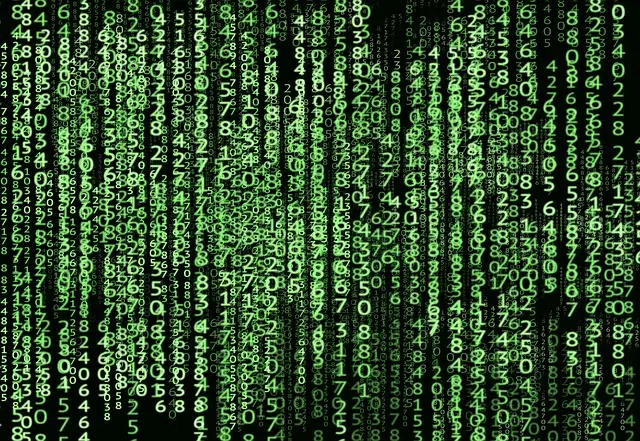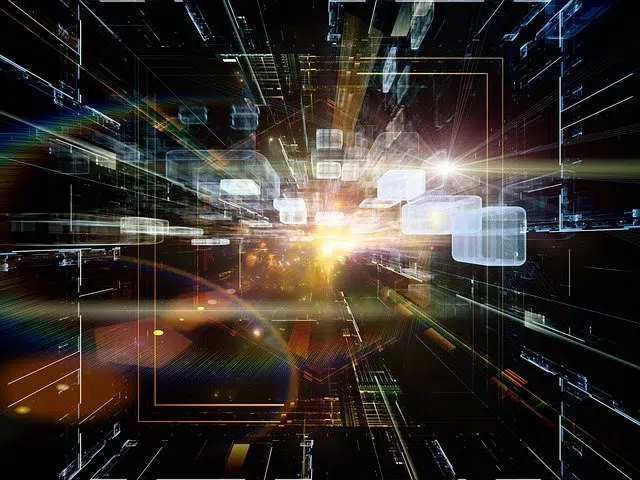
Cyberspace is a digital construction.
The English term cyberspace came to Spanish as cyberspace . This is the name given to the artificial environment that is developed using computer tools .
It can be said that cyberspace is a virtual reality . It is not a physical environment, which can be touched, but rather it is a digital construction developed with computers (computers).
Gibson and cyberspace
The American writer William Gibson is noted as the one who coined the notion of cyberspace. He used it for the first time in a 1981 story and then helped popularize it through "Neuromancer" , a novel he published in 1984 and which won the Philip K. Dick Award , the Hugo Award and the Nebula Award .
It is necessary to add that the term cyberspace derives from cybernetics , which was coined by Norbert Wiener in the 1940s to refer to the study of analogies between the communication and control systems of machines and living beings.
Link with Internet
Currently, the concept of cyberspace is usually associated with the Internet . Everything that takes place on the Internet, through websites, emails, social networks, etc., does not take place in a specific country, beyond the specific location of the servers and users. Cyberspace, however, is broader than the Internet.
Although some people use the terms cyberspace and Internet as synonyms, it is more correct to understand them hierarchically: we can think that the Internet is located in cyberspace, that the large set of pages and applications that we access from our devices are hosted in this infinite and intangible domain , where future experiences that are not part of the concept of the Internet will also take place.
Suppose that a person who lives in Germany establishes a long-distance friendship relationship with another person who lives in New Zealand . Both exchange messages, participate in video conferences and send digital postcards. This bond develops in cyberspace: there is no physical meeting, since their geographical locations are very distant, but this does not mean that a virtual bond comparable to that of a traditional friendship is formed.

It can be said that cyberspace is an artificial environment developed using computer resources.
Legal regulation of cyberspace
The legal regulation of cyberspace is often a source of conflict due to the virtual characteristics of this area. Governments have difficulties imposing their legislation and, thus, crimes committed in this environment are difficult to prosecute and judge. Despite this issue, many activists defend the independence and autonomy of cyberspace, demanding that state authorities not exercise controls or commit acts of censorship.
To regulate the use, abuse and administration of information that flows through cyberspace, the concept of cyber ethics was developed. Although until not long ago we believed that technology would never surpass our species outside the limits of fiction, things have changed a lot, since machines have come to participate in activities on which our survival depends, such as being prediction and diagnosis systems controlled by artificial intelligence , and that is why a set of standards is so necessary.
A new reality
Cyberspace has been the protagonist of many of the classic moments of cinema and video games of the 80s and 90s, when access to networks had not yet become widespread. Although today the average human being does not disconnect from the Internet all day, just a couple of decades ago most people did not know what this term meant.
Just as computer-generated graphics and three-dimensional animations had their first moment of craze and left their first viewers speechless, cyberspace was also presented as part of a futuristic and elusive reality , although in a matter of a short time it became the meeting point of most of the world's population, in their daily lives, regardless of their geographical location.
